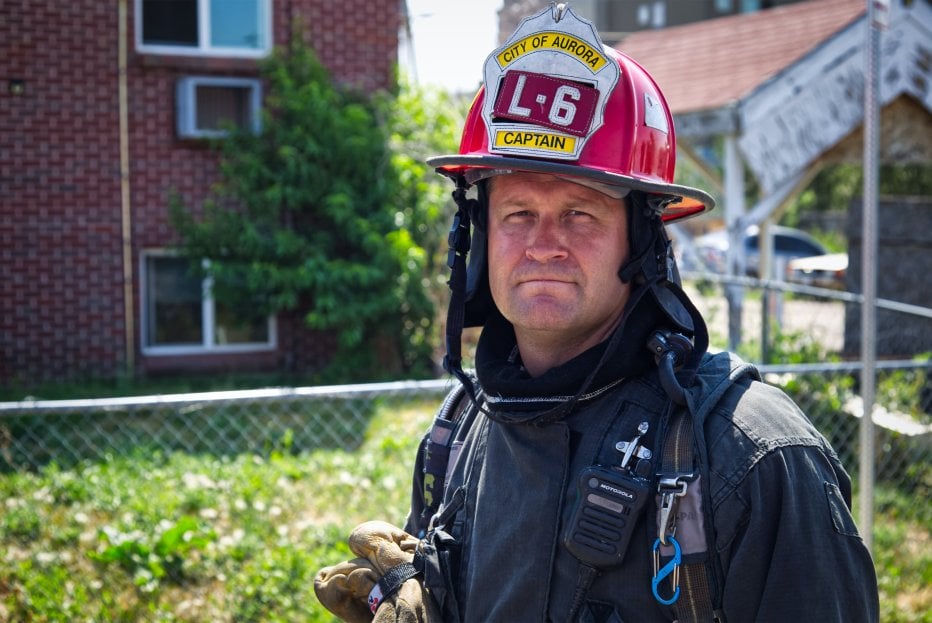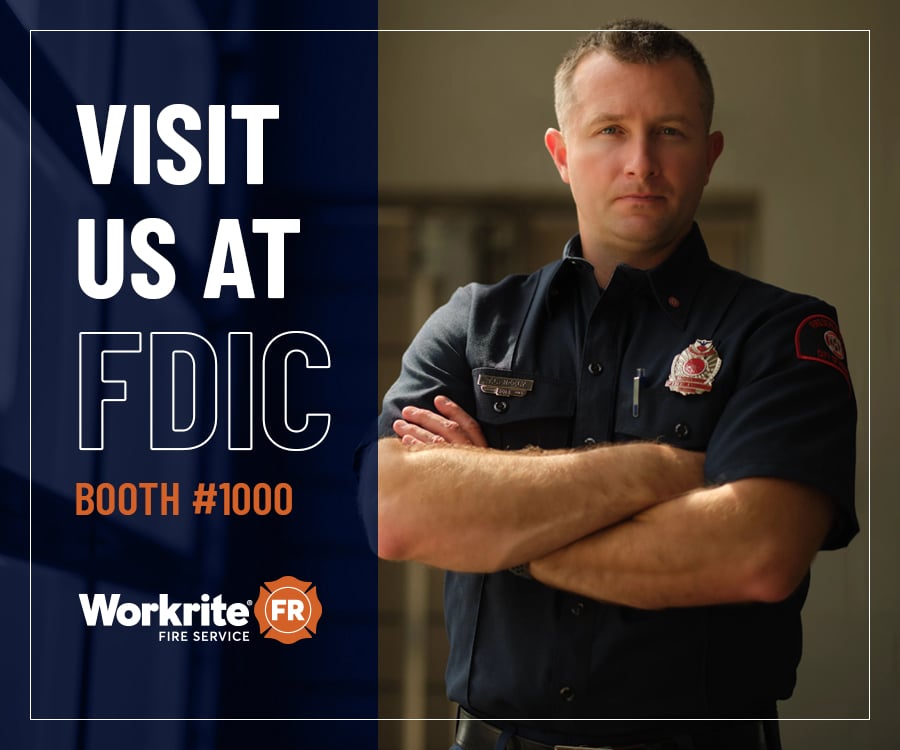The Challenges of Hanging Up Your Helmet

By Jeff Dill
So, you finally did it. You laid that retirement letter on your Chief’s desk, the Board of Commissioners or perhaps the Mayor’s desk. Now the following weeks, or months, will deliver an unbelievable dose of mixed emotions. How did all of these years pass so quickly? Can I work another two years? What am I going to do with my life? How have I prepared financially? How am I preparing for the emotional impact of my decision? What am I supposed to prepare for?
These are just a few questions everyone has gone through, whether career or volunteer, when they decided it was time to hang up their helmet, including myself!
Fortunately, Firefighter Behavioral Health Alliance (FBHA) has spoken to hundreds of our brothers and sisters who went down this road. The FBHA offers some advice on what to look for and how to deal with the issues you might be looking at.
Why is it so important? Since 2010, the FBHA has been tracking and validating firefighter and EMS suicides. Within our data validation we have come across 280 firefighters and EMS members who died by suicide, with 37 taking their lives within the first week of retirement.
Reviewing this data drove a desire to find some answers from those recently retired from the service. The FBHA interviewed over 127 fire and EMS members, who were both career and volunteers. The findings were both challenging and frightening. Challenging from the point that many members overlooked how behavioral health would affect their post work lives and frightening on how much of an impact emotions had on their lives and their families.
Three Top Issues
Although there are several issues any retiree faces after a career in the first responder world, The FBHA looked at the three common issues found in those who were interviewed:
1. Loss of Identity
For years as a firefighter or EMS member, whether career or volunteer, the members we served with plus the community we served looked at us as brave, strong people who would solve their issues or save them when called upon. I don’t believe any of us felt like heroes by just doing what we were called to do in our lives. It should have felt good. Something to take pride in knowing that we were there for people during some horrific times in their lives. Yet, when we retire, we become disconnected from the uniform and at times are trying to separate from that lifestyle of always being there for someone or something. The price some pay is they tend to forget who they are. “When we lose our identity and sense of self, we are likely to seek our sense of self-worth from others. It suddenly becomes very important how others view us, as our sense of value and self-worth, our feelings of confidence…”( Anne-Marie Alger (Psychotherapist, Counsellor, Supervisor, MA, MBACP)
2. Loss of Belonging
“Sense of belonging is the psychological feeling of belonging or connectedness to a social, spatial, cultural, professional, or other type of group or a community” (Hurtado & Carter, 1997). Let’s face it: as first responders we loved belonging to the brotherhood or sisterhood that stretches globally. We wore our t-shirts with our department logo, union Logo or mascots that defined the stations we worked at. Going to work was not a chore but a chance to be with others who loved and truly enjoyed wearing the uniform. It came with a price of exhaustion, traumatic calls, sorrow, joy and pride; but we were in it together. Flash forward to retirement! Those twenty-five, thirty or more years went by in a heartbeat. Now we don’t belong to that lifestyle anymore. The daily comradery is gone. We become an after-thought to most organizations and to the younger generation of firefighters, we become a dinosaur. This loss of belonging can be difficult to overcome by yourself.
3. Lack of Purpose
Out of the top three issues, purpose is the most difficult issue to deal with for most human beings on this planet. Purpose gives us the ability to wake up every morning and face the challenges that life deals us on daily basis. We take on these challenges because we want to be survivors, we want to experience happiness, love and joy. Yes, there are times we need to face sadness, heart break and pain. But purpose gives us strength to get through the difficult situations that life offers. Yet, for those who have no purpose, the darkness engulfs every emotion that human beings feel. It can easily lead to the feeling of hopelessness.
As you have noticed there is a common theme. When challenged by emotional issues one is encouraged to seek professional help. This means counseling, speaking to a chaplain, a peer support or CISM team member or maybe even equine therapy. Treatment can come in so many ways so don’t limit yourself to thinking, “I don’t want to go to a counselor.” FBHA resiliency begins by talking!
The FBHA educates organizations on how they should help prepare members for retirement. We believe adding counseling benefits for retirees is necessary. We have other items, so if you are interested in our recommendations please feel free to contact FBHA at [email protected].
For retirees to personally prepare for retirement FBHA believes it should start about a year and half to two years prior to retirement.
Start by working on the following:
- Challenge Yourself
Face the facts – your career is over but your life continues, you are limited by your own defenses (self efficacy).
- Education
“Stop Learning – Stop Growing” continue to learn new things on a daily basis. Try new experiences because you will never know what hits you. (For myself, I never would have imagined I would be addicted to Pickleball, but then again, my last name is Dill).
- Developing a business
Go to classes, understanding tax laws, payroll, non-for profits, for profits, marketing. Take in all the challenges of potentially running a business.
- Seek Counseling
Career Guidance counselor/Mental health counselor. The Career Counselor will help you build the steps for a new future and how to obtain it. The Mental health Counselor will assist you in facing any issues you might have from your career.
- Marriage Counseling
If you are married or have a partner, then six months out start attending counseling sessions together. This helps to understand each other’s needs and to put a plan together for your future together.
- It’s Not Retirement!
Opportunity to explore other avenues of interest that you have thought about or enjoyed – many join peer support, do volunteer work, etc.
- Retirees
Become involved with fire departments such as pub-ed, CERT, weekly retiree breakfast, peer support, fund-raisers.
The FBHA believes wants you to have a great career but we want everyone to have a better life when you hang up your helmet. There are many great challenges when retiring from the fire service. If you need any help then please never hesitate to contact FBHA for help. Stay safe and enjoy life. You deserve it!
In 2010, Jeff Dill founded Firefighter Behavioral Health Alliance (FBHA). This organization is a 501 (3) (C). www.ffbha.org Jeff Dill holds a Master’s Degree in Counseling from Argosy University (IL), a Licensed Professional Counselor, and a retired Captain at Palatine Rural Fire Protection District in Inverness, Illinois.
Photo by Andrew Coop on Unsplash
Podcast
Contests & Promotions
















